A Dietitian’s Honest Take on Celsius Drinks
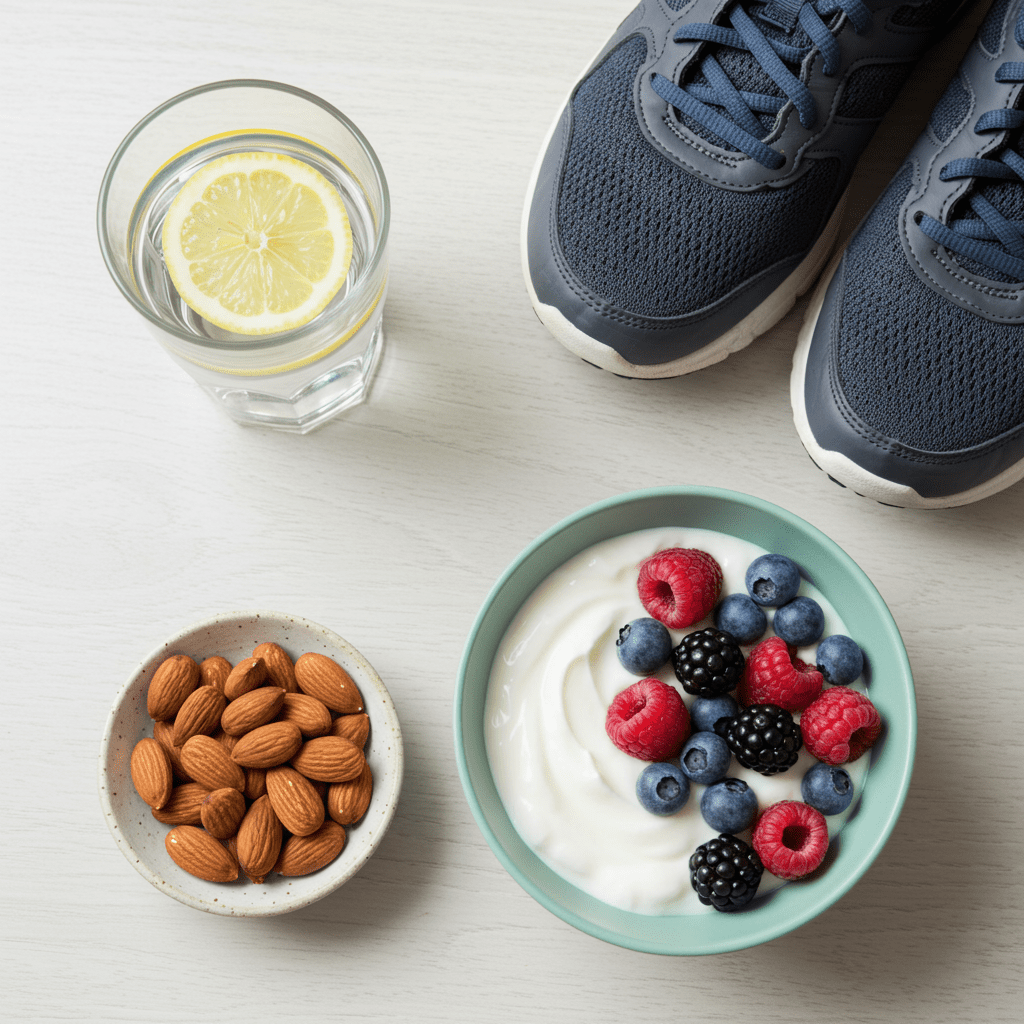
It seems like everywhere you look, someone is popping open a can of Celsius. It’s become a go-to for morning commutes, pre-workout boosts, and afternoon slumps.
‘ But what’s the real story behind these claims? In this article, we’ll cut through the hype and take an honest, science-backed look at what’s inside a can of Celsius, who should be drinking it, and who might want to steer clear.
Let’s separate fact from marketing fiction.
What’s Actually Inside a Can of Celsius?
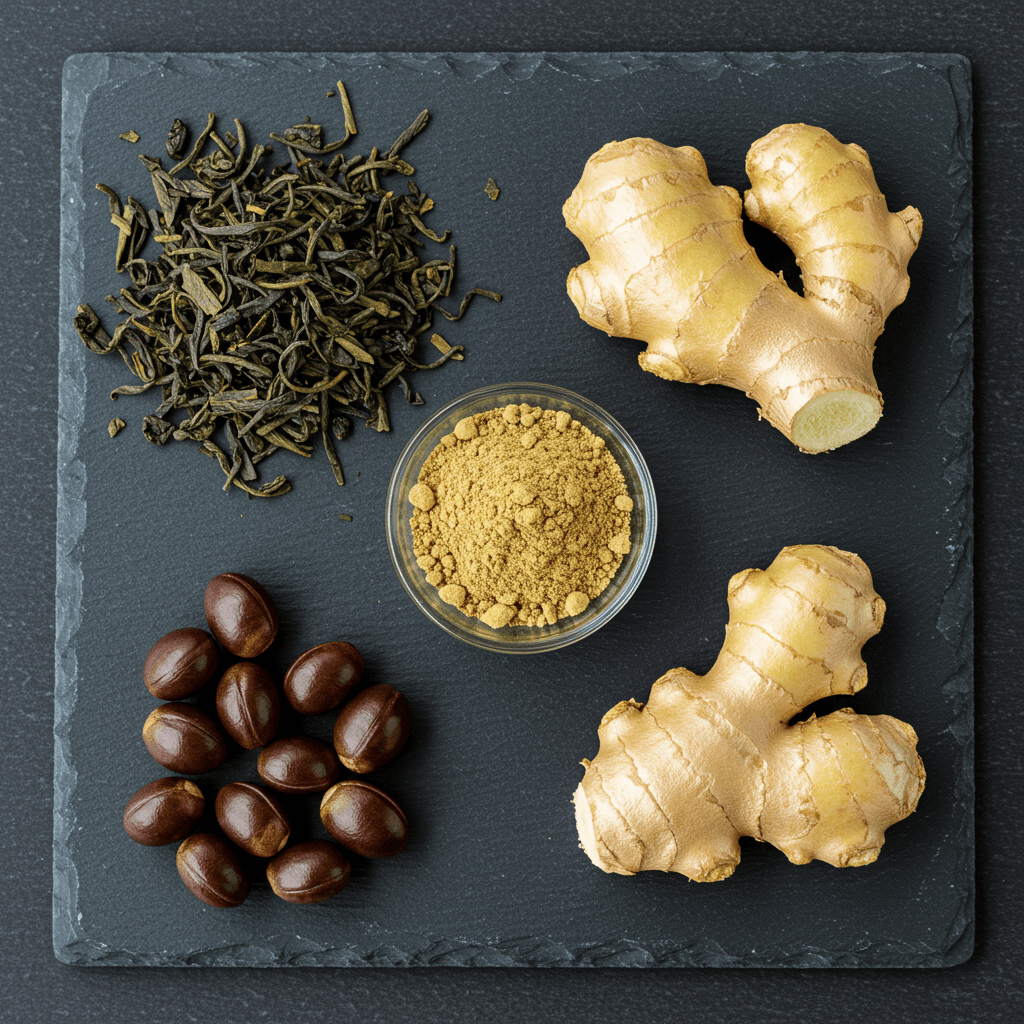
To understand if Celsius is a good choice for you, we first need to look at its ingredient list. Beyond the vitamins and flashy packaging, a few key components are responsible for its effects.
Celsius uses a ‘proprietary blend,’ which means they don’t disclose the exact amount of each ingredient, but we can analyze them individually.
- MetaPlus® Proprietary Blend: This is the heart of the Celsius formula. It includes:
- Green Tea Extract: A well-known source of EGCG (epigallocatechin gallate), a powerful antioxidant. EGCG has been studied for its potential to modestly boost metabolism, a process known as thermogenesis.
- Guarana Seed Extract: Sourced from an Amazonian plant, guarana is another potent source of caffeine. Some research suggests it may contain other compounds that work alongside caffeine to enhance focus and energy.
- Taurine: An amino acid that plays a role in nerve growth and stabilizing cell membranes. According to the Cleveland Clinic, taurine is important for your metabolism and heart health, though the benefits of supplementing it through an energy drink are less clear.
- Ginger Root Extract: Often used for its anti-inflammatory properties and to aid digestion.
- Caffeine: Most Celsius drinks contain 200 mg of caffeine per 12 oz can. This is a significant amount, and we’ll discuss the implications of that in a moment.
- B Vitamins: Celsius is fortified with several B vitamins, which are crucial for helping your body convert the food you eat into usable energy. However, if you’re not deficient, consuming extra B vitamins won’t provide an additional energy jolt; your body will simply excrete the excess.
- Artificial Sweeteners: To keep the drink at zero sugar and low in calories, Celsius uses sweeteners like sucralose. Their ‘Naturals’ line uses stevia instead.
How Much Caffeine Are We Really Talking About?
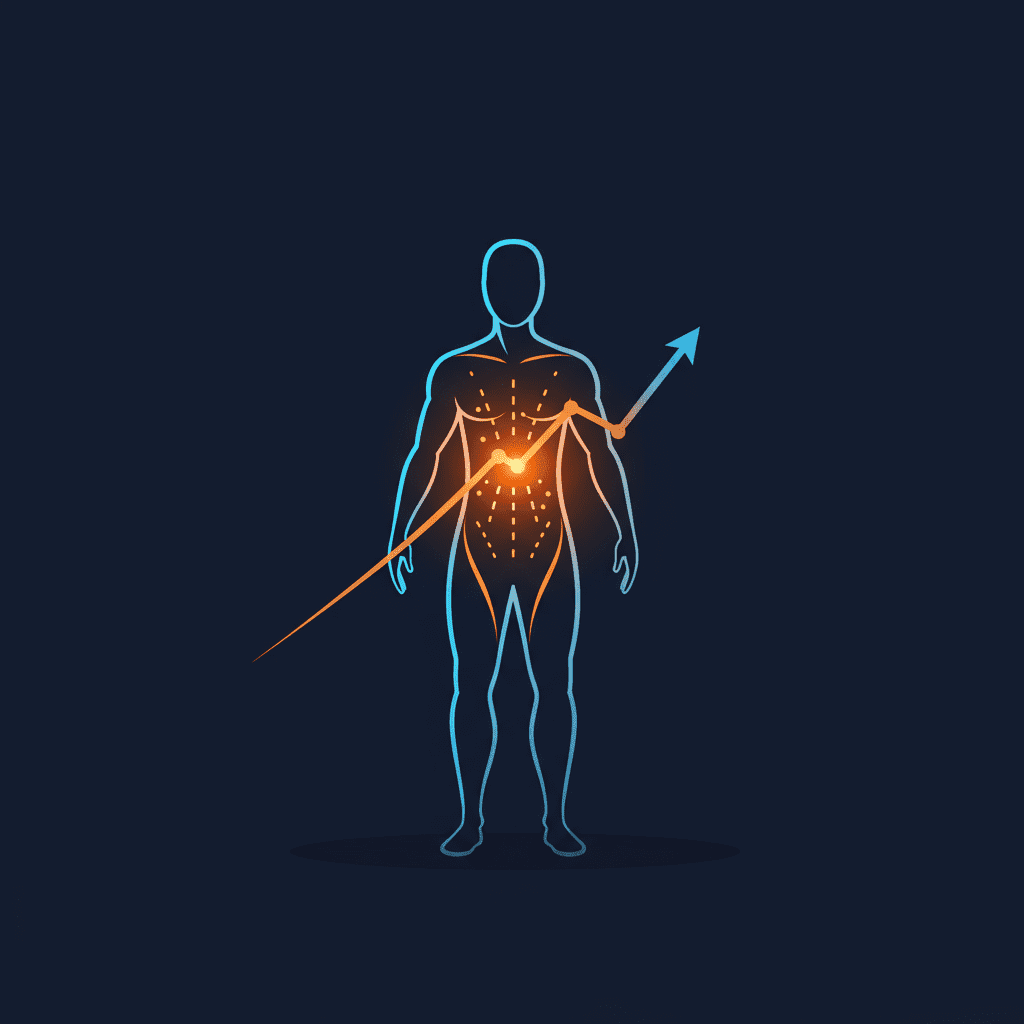
The 200 mg of caffeine in a standard can of Celsius is the main driver of its energizing effect. But how does that stack up against other common beverages?
The U.S. Food and Drug Administration (FDA) states that up to 400 milligrams of caffeine a day is generally considered safe for most healthy adults.
One can of Celsius puts you halfway to that daily limit. If you’re also having a morning coffee or an afternoon tea, you can easily exceed this recommendation.
It’s crucial to be mindful of your total daily caffeine intake from all sources to avoid potential side effects.
Will Celsius Really Boost Your Metabolism?
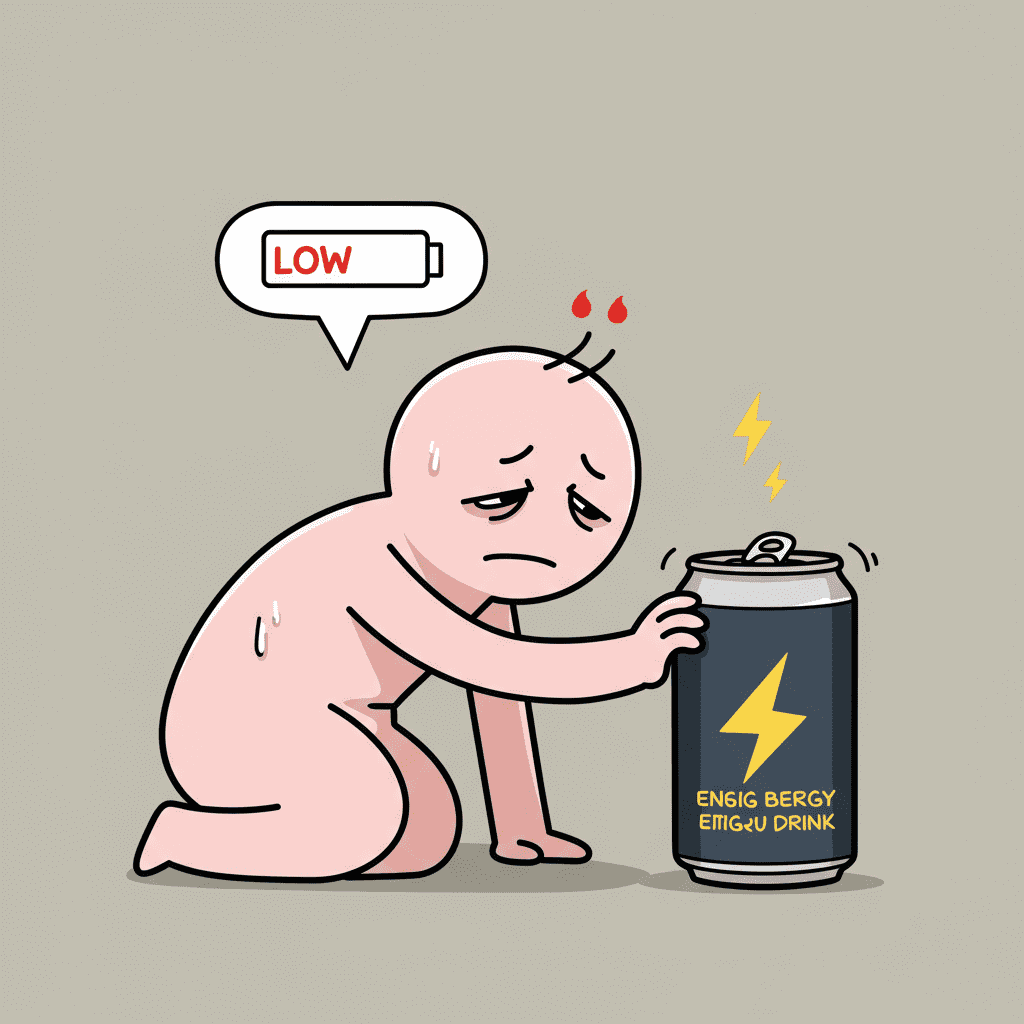
This is one of the biggest claims on the can. The idea is based on the concept of thermogenesis, where certain ingredients can slightly increase the number of calories your body burns.
The caffeine and green tea extract in Celsius are known thermogenics. Celsius-funded research, such as a 2010 study published in the Journal of the International Society of Sports Nutrition, found that consuming Celsius before exercise increased metabolic rate and endurance compared to a placebo.
However, it’s important to view these findings with a critical eye. The study was small and funded by the company that makes Celsius, which can introduce bias.
As a dietitian, I tell my clients that while these ingredients can provide a temporary and modest metabolic uptick, it’s not a magic bullet for weight loss. The effect is relatively small and doesn’t replace the foundational pillars of health: a balanced diet, regular physical activity, and adequate sleep.
No drink can ‘burn fat’ on its own without a consistent calorie deficit.
What Are the Potential Downsides and Risks?

While an occasional Celsius is unlikely to cause harm for a healthy adult, regular consumption comes with potential risks you should be aware of.
- Caffeine Overload: Exceeding the 400 mg daily caffeine limit can lead to jitters, anxiety, a racing heart, digestive upset, and insomnia. Individuals with caffeine sensitivity may experience these effects even at lower doses.
- The ‘Proprietary Blend’ Problem: Because the exact amounts of guarana, taurine, and ginger aren’t listed, we can’t be sure if they’re present in effective—or even safe—dosages. This lack of transparency is a significant concern for health professionals.
- Impact of Artificial Sweeteners: The debate on artificial sweeteners like sucralose is ongoing. Some research, such as a 2019 review in Advances in Nutrition, suggests that non-nutritive sweeteners may alter the gut microbiome, though more studies are needed to understand the long-term health implications.
- Dependence and Masking Fatigue: Relying on any stimulant can lead to a cycle of dependence. More importantly, it can mask the root causes of fatigue, such as poor sleep, stress, or inadequate nutrition. It’s always better to address the underlying issue than to put a temporary bandage on it.
Who Should Absolutely Avoid Celsius Drinks?
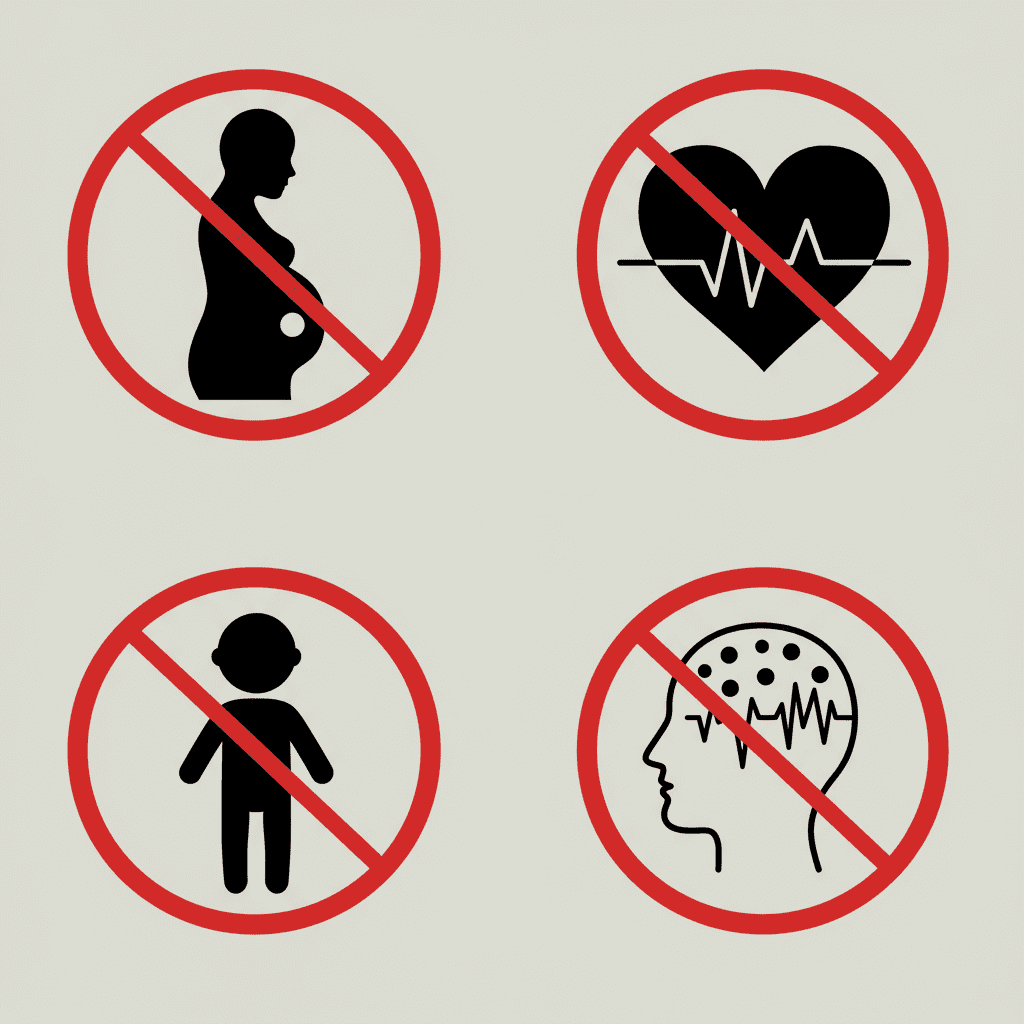
Certain groups are more vulnerable to the high caffeine content and stimulant ingredients in energy drinks. I strongly advise the following individuals to avoid Celsius and similar products:
- Children and Adolescents: The American Academy of Pediatrics explicitly recommends against caffeine and stimulant-containing energy drinks for children and teens due to potential effects on their developing cardiovascular and nervous systems.
- Pregnant or Nursing Women: High caffeine intake has been linked to risks during pregnancy, and caffeine can be passed to an infant through breast milk. The can itself carries a warning for this group.
- Individuals with Heart Conditions: People with high blood pressure, arrhythmias, or other heart conditions should avoid high-caffeine beverages as they can dangerously increase heart rate and blood pressure.
- People with Anxiety or Panic Disorders: The stimulant effects of caffeine can trigger or worsen symptoms of anxiety, including panic attacks.
- Anyone Sensitive to Caffeine: If even a single cup of coffee makes you feel jittery or anxious, a 200 mg dose from Celsius is not for you.
Healthier Ways to Get an Energy Boost
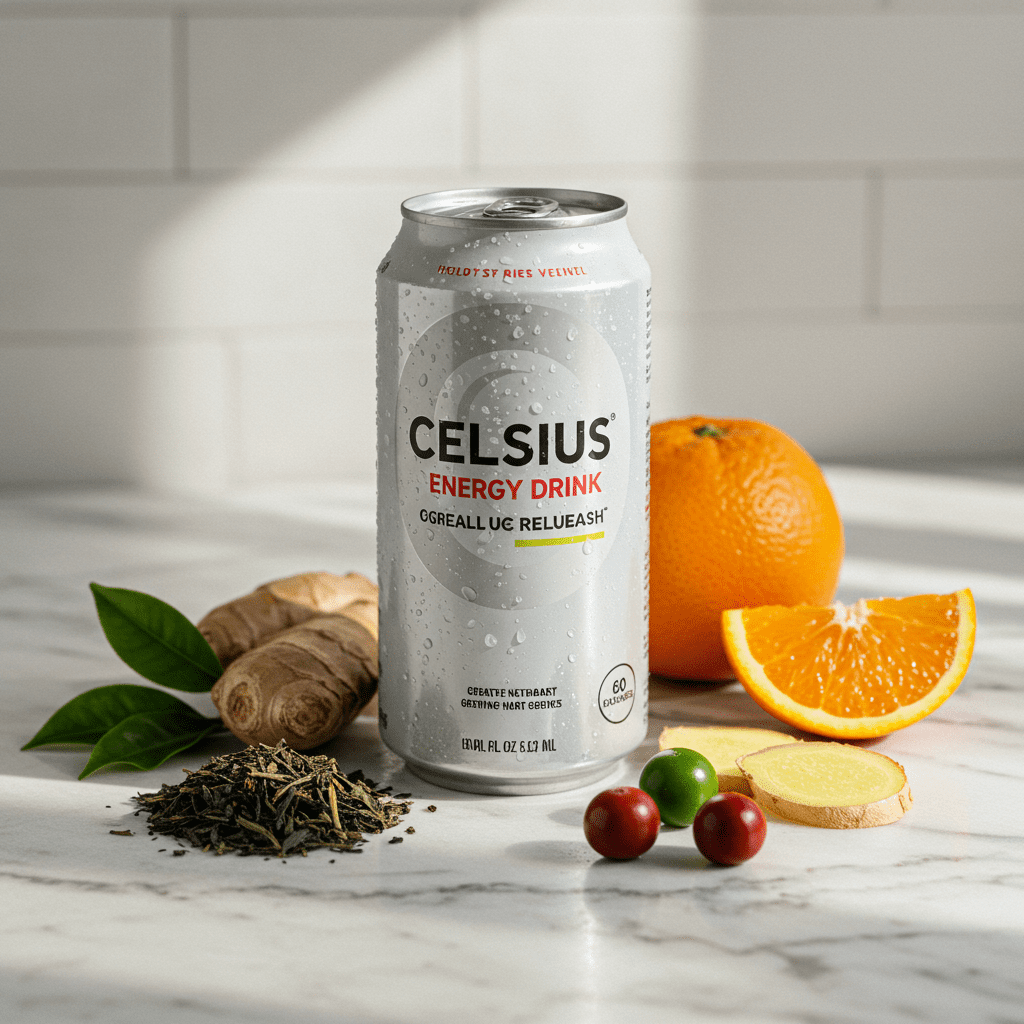
Feeling like you need a lift doesn’t mean you have to reach for a high-stimulant drink. As a dietitian, I encourage my clients to build sustainable energy through lifestyle habits.
Here are some effective alternatives:
- Have a Balanced Mini-Meal: Combine a complex carbohydrate with a protein, like an apple with a handful of almonds, Greek yogurt with berries, or even a slice of healthy chia seed banana bread. This provides actual, sustained energy for your body.
- Brew Your Own Tea or Coffee: This puts you in control of the caffeine content and eliminates extra ingredients. A cup of green tea offers a gentle lift with the added benefits of antioxidants.
- Go for a Brisk Walk: Just 10-15 minutes of movement, especially outdoors, can increase circulation and boost alertness more effectively than you might think.
- Prioritize Hydration: Mild dehydration is a common cause of fatigue. Before reaching for caffeine, try drinking a large glass of water.
- Focus on Sleep Hygiene: The ultimate energy solution is getting 7-9 hours of quality sleep per night. This is the foundation that no energy drink can replace.
Conclusion
So, is Celsius bad for you? It’s not poison, but it’s certainly not a health elixir either.
It’s a highly caffeinated beverage with some potentially beneficial ingredients in unknown amounts. For a healthy adult who understands their caffeine tolerance and doesn’t have underlying health conditions, an occasional Celsius before a workout is likely fine.
However, it should not be treated as a health supplement or a magic solution for weight loss. The claims of ‘burning fat’ are overstated, and the energy it provides is a temporary stimulation, not true fuel.
Your health is the sum of your daily habits, and relying on a can for energy or metabolism misses the bigger picture. True, sustainable energy comes from nourishing your body with whole foods, staying hydrated, moving regularly, and getting enough restorative sleep.
